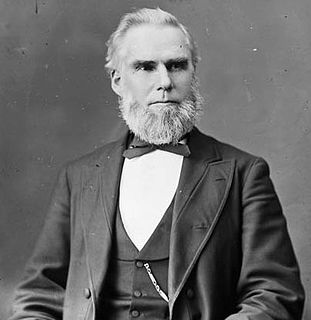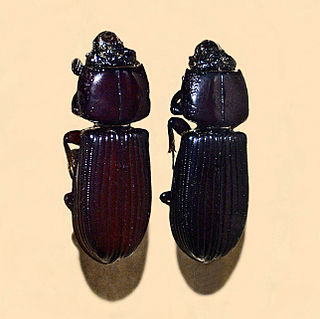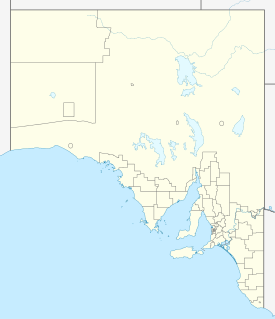| Lafoeidae | |
|---|---|
| Scientific classification | |
| Kingdom: | Animalia |
| Phylum: | Cnidaria |
| Class: | Hydrozoa |
| Order: | Leptothecata |
| Family: | Lafoeidae Hincks, 1868 |
Lafoeidae is a family of hydrozoans.
| Lafoeidae | |
|---|---|
| Scientific classification | |
| Kingdom: | Animalia |
| Phylum: | Cnidaria |
| Class: | Hydrozoa |
| Order: | Leptothecata |
| Family: | Lafoeidae Hincks, 1868 |
Lafoeidae is a family of hydrozoans.
The following genera are recognized within the family Lafoeidae: [1]

Sir Francis Hincks, was a Canadian businessman, politician, and British colonial administrator. An immigrant from Ireland, he was the Co-Premier of the Province of Canada (1851–1854), Governor of Barbados (1856–1862), Governor of British Guiana (1862–1869) and Canadian Minister of Finance (1869–1873).

James Cox Aikins, was a prominent Canadian politician in the 19th century. He twice served as a cabinet minister in the government of John A. Macdonald, and was the fourth Lieutenant Governor of Manitoba from 1882 to 1888.

Edward Winslow Hincks was a career United States Army officer who served as a brigadier general during the American Civil War.

Conica are a cnidarian suborder of the Leptomedusae. They make up the bulk of their order; their internal relationships are not well resolved, and most of the roughly 30 families are not yet assigned to a superfamily.

Didimus is a genus of beetles of the family Passalidae.
Lovenellidae is a family of hydrozoans. Their hydroids live together in upright stolonal or sympodial colonies, and their gonophores are pedunculate free-roaming medusae. The relationships of this fairly small but distinctive radiation to other members of the order Leptothecata are not well understood at present.

Haleciidae is a family of hydrozoans. Their hydroid colonies emerge from a creeping hydrorhiza and usually form upright branching colonies, although some species' colonies are stolonal. Their gonophores are typically sporosacs, growing singly or bunched into a glomulus. They remain attached to the hydroids or break off to be passively drifted away; in a few, the gonophores are naked.

Sir Cecil Stephen Hincks, Australian politician, was a member of the South Australian House of Assembly who was Minister of Lands, Irrigation and Repatriation in Thomas Playford's government.

Thomas Hincks was a British Unitarian minister and a naturalist known for his work on zoophytes and bryozoa.

Schizoporella is a genus of bryozoans in the family Schizoporellidae.

Sertulariidae is a family of hydrozoans.

Hincks Wilderness Protection Area is a protected area in the Australian state of South Australia located in the gazetted locality of Hincks about 87 kilometres north of Port Lincoln and 35 kilometres south east of Lock on the Eyre Peninsula. The wilderness protection area was proclaimed under the Wilderness Protection Act 1992 on 30 September 2004 on land excised from the Hincks Conservation Park.

Hincks Conservation Park is a protected area in the Australian state of South Australia on the Eyre Peninsula located about 95 kilometres north of Port Lincoln and 35 kilometres south east of Lock in the gazetted locality of Tooligie.

Filifera is a suborder of hydrozoans in the order Anthoathecata. They are found in marine, brackish and freshwater habitats.
Thomas Hincks was an Irish Anglican priest in the 19th century.
Lovenella is a genus of cnidarians belonging to the family Lovenellidae.
Campanulinidae is a family of cnidarians belonging to the order Leptomedusae.
Hydranthea is a genus of cnidarians belonging to the family Haleciidae.

Bugulidae is a family of bryozoans belonging to the order Cheilostomatida.
Bugulina is a genus of bryozoans in the family Bugulidae.